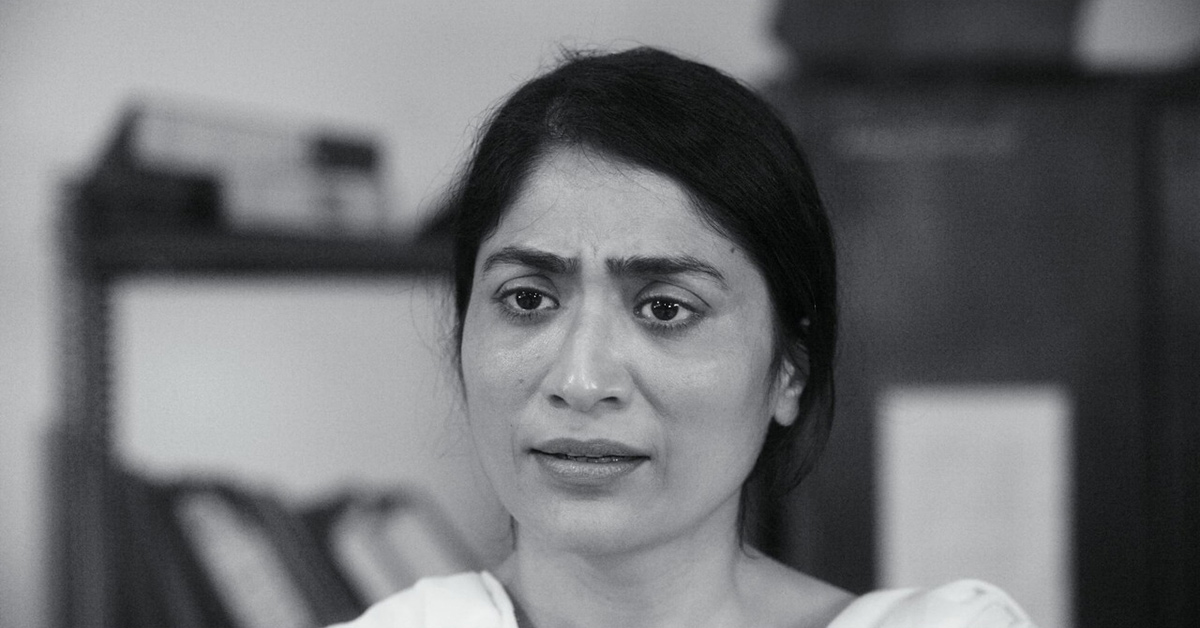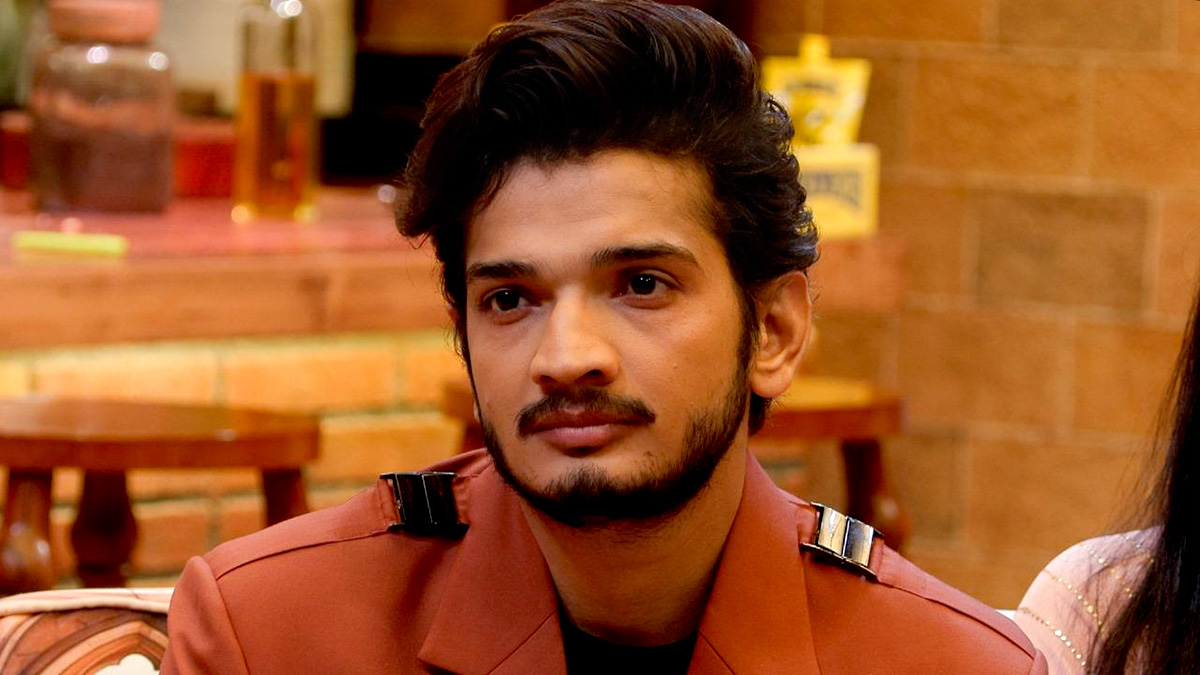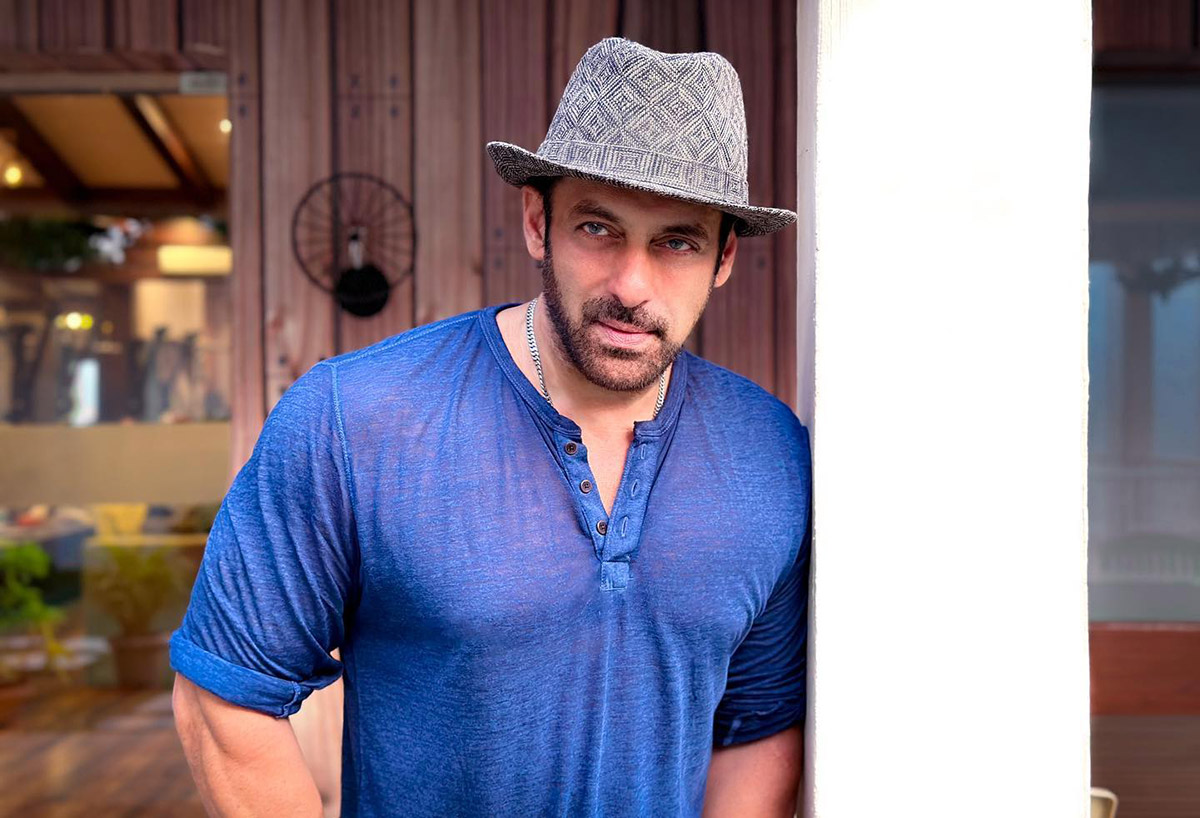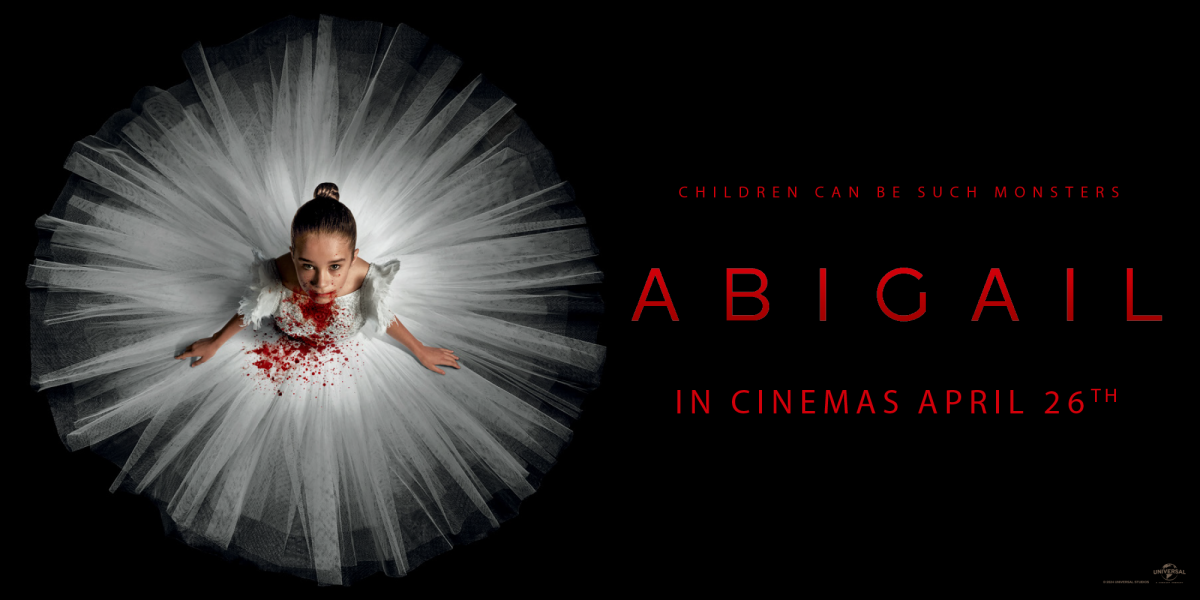‘I’m talking about that predator in your house, and how one should protect one’s children from him.’
IMAGE: Geetika Tyagi in Yes Papa.
Sexual abuse of children by family members is rarely discussed in India, especially in our films.
But Director Saif Hyder Hasan chooses to go where others director would hesitate.
In his new film, Yes Papa, he tells the story of a girl who is abused by her father.
“My lawyers told me about this incident where a girl was raped by her father but her mother refused to believe her and packed her off to a hostel. A few years later, another daughter was born to the mother. This time, she caught her husband red-handed,” Saif, who has directed plays like Ek Mulaqat, Gardish Mein Taare and Dearest Bapu, Love Kasturba, tells Syed Firdaus Ashraf/Rediff.com.
“I was so moved by this incident that I incorporated it in the script.”
What made you want to make a film on such a sensitive issue?
A lot of people are calling me brave for making Yes, Papa. But there is nothing brave about it.
Indian cinema has always stood against social ills.
There was a first film against dowry deaths, a first film against sati, a first film about the caste system, communal disharmony, rape, child sexual abuse… There is always that film which goes against the tide.
Yes Papa, I think, is that first film about incestuous child sexual abuse, where the perpetrator is a father.
The newspapers have been talking about it.
There is a book by Pinky Virani called Bitter Chocolate.
So, as a film-maker, I was sensitive enough to understand the problem.
It started with my wife visiting an orphanage and meeting a real life victim.
IMAGE: Tejaswini Kolhapure in Yes Papa.
Do you feel we, as a society, are not sensitive or attentive towards a girl child’s safety in our homes?
I think we need to stop putting them in gender boxes.
The day we stop labeling human beings based on their sexual organs, that is the day when society will make its children safe.
Not just the girl child, children in general are vulnerable.
If the predator is within our homes, we need to identify him, humiliate him and let the law take its own course.
That will be the first step towards ensuring the safety of our children.
While making the film, did you speak to any girl child who was abused at home and the psychological trauma she went through?
As I said earlier, my wife had visited some orphanages.
In one of them, she met a girl who was sexually abused by her father. The orphanage had rescued her.
When my wife met her, she was doing a nursing course at a reputed hospital in Mumbai.
The father was in jail, courtesy the orphanage which had rescued her.
For her, the irony was that her mother was asking her to withdraw the case.
At another time, I met a gynecologist from Bijnor, Uttar Pradesh. She was a technical witness to a case in which a minor was raped by her father.
The mother did not want to register the case but the girl went ahead and did it.
The mother refused to be a witness.
The father is still in jail and now, the victim’s husband is pursuing the matter.
While writing the film, I had met several people who had a story to narrate.
One was about an IFS officer, who had raped his daughter. The mother was an IAS officer and they stayed in Chanakyapuri, Delhi. This also means that such cases are not restricted to the lower class only.
A prominent actor, who is now an MP, told me that he had a friend whose father used to sexually abuse her.
In the father’s old age, the victim did his seva like any other daughter.
My lawyers told me about this incident where a girl was raped by her father but her mother refused to believe her and packed her off to a hostel.
A few years later, another daughter was born to her. This time, she caught her husband red-handed.
I was so moved by this incident that I incorporated it in the script.
I would like to say one thing: I’m not blaming fathers in general. I’m talking about that predator in your house, and how one should protect one’s children from him.
We have heard of uncles, cousins and other relatives sexually abusing children.
A couple of days ago, I visited an NGO, where I was informed of a man who was sexually abused by his mother as a child. These are unheard of cases but still true.
As a society, we tend to disbelieve children when they tell us that they have been through a certain episode.
Let’s start believing them.
Yes Papa was made from a similar conviction.
I have never encountered anything like this personally, but I know it exists and this is what my film talks about.
IMAGE: A scene from Yes Papa.
What are the statistics of girl child abuse in homes in India? Do we have some kind of study that highlights this?
The numbers are huge.
One study says that 85 percent children are abused by people they know.
Another staggering figure of 35 percent is that it happens in a family.
There’s another study that says that of all child abuse cases, 4 percent is done by fathers.
For me, numbers were not important.
Even a single child who has gone through this trauma was important for me.
As a storyteller and member of this society, I thought it was my duty to tell this story.
While directing the film, what were your learnings? What measures do we need to prevent such acts?
While making the film, there was no new learning.
I mean, I was making a feature film, not a documentary. So I was not doing a hands-on research. but yes, it’s just that at a conscious level, I was more sensitive.
I have a daughter. God forbid if something happens to her.
All children are precious, whether it’s a boy or a girl.
How many actors rejected the role of the father in your film?
Five years ago, when I started making the film, people thought I had lost my head.
A prominent actor who I had approached, said ‘Are you mad? You make love stories for the stage, what are you making now?’
A prominent film-maker said, ‘Don’t make this film now. These are bad times.’
An actor friend came home to convince my wife, so that she would persuade me not to make this my debut feature.
People think I make beautiful love stories for the stage, so I should do something similar in cinema.
But I was too obsessed with this idea. My wife encouraged me to use my craft for a social purpose.
She wanted me to explore the idea of Yes Papa after meeting that girl.
Nobody was willing to invest in it.
We had to beg, borrow and steal to make this film.
The actors were very kind.
The vendors were very kind.
The universe was very kind, and that’s how we managed to make the film.
The tide started changing last year. On Women’s Day, Kushboo Sundar, a former child artiste who is a member of the National Commission for Women, spoke about how her father had sexually abused her as a child.
Swati Maliwal, former chairperson, Delhi Commission for Women, also opened up about her father sexually abusing her.
So the conversation had started.
IMAGE: Saif Hyder Hasan, right, with Ananth Mahadevan. Photograph: Kind courtesy Saif Hyder Hasan/Instagram
Ananth Mahadevan plays the father in the film. What made him agree to do the role?
Ananth Mahadevan had a very interesting take on it.
When I was telling him how the entire world was rejecting the idea of Yes Papa, he said, ‘When 100 people in the film industry say no to a subject, it’s time for you to make it.’
Ananth Mahadevan is a very brave actor. He’s very secure.
For him, it was a part that he was supposed to play. That’s it.
He understood the vision. He understood where I was coming from and he agreed to collaborate.
He has been a pillar of strength.
Why do film-makers shy away from making films on such subjects? Do film producers only think of profits?
No, that’s a very unfair question.
See, film-making is a very expensive business.
So every producer has the right to look at the ROI (Return On Investment).
Also, all kinds of investment exists in every society. Escapist cinema has always been there, revolutionary cinema has always been there.
Shyam Benegal and Manmohan Desai made films in the same era.
Mehboob Khan, Raj Kapoor and Guru Dutt made commercial films with a social message.
If there was a Sholay, there was an Ankur.
Even now, we have films like Lapataa Ladies and Fighter co-existing with each other.
You saw great success with your play, Ek Mulaqat. Will you like to do more films or go back to theatre?
I’m a storyteller and open to all mediums.
After the release of Yes Papa, I plan to start a new theatre production based on the life of Begum Akhtar.
It’s a play written by M Sayeed Alam.
Tejaswini Kolhapure has been penciled in for one part.
I need to zero in on Begum Akhtar. That process will start once I release Yes Papa.



![Meet Abir, son of bodyguard Shera, who Salman Khan plans to launch in Bollywood [View Pics]](https://st1.bollywoodlife.com/wp-content/uploads/2022/12/unknown_132734373_744083236507349_7101926324952974544_n-600x315.jpg)









